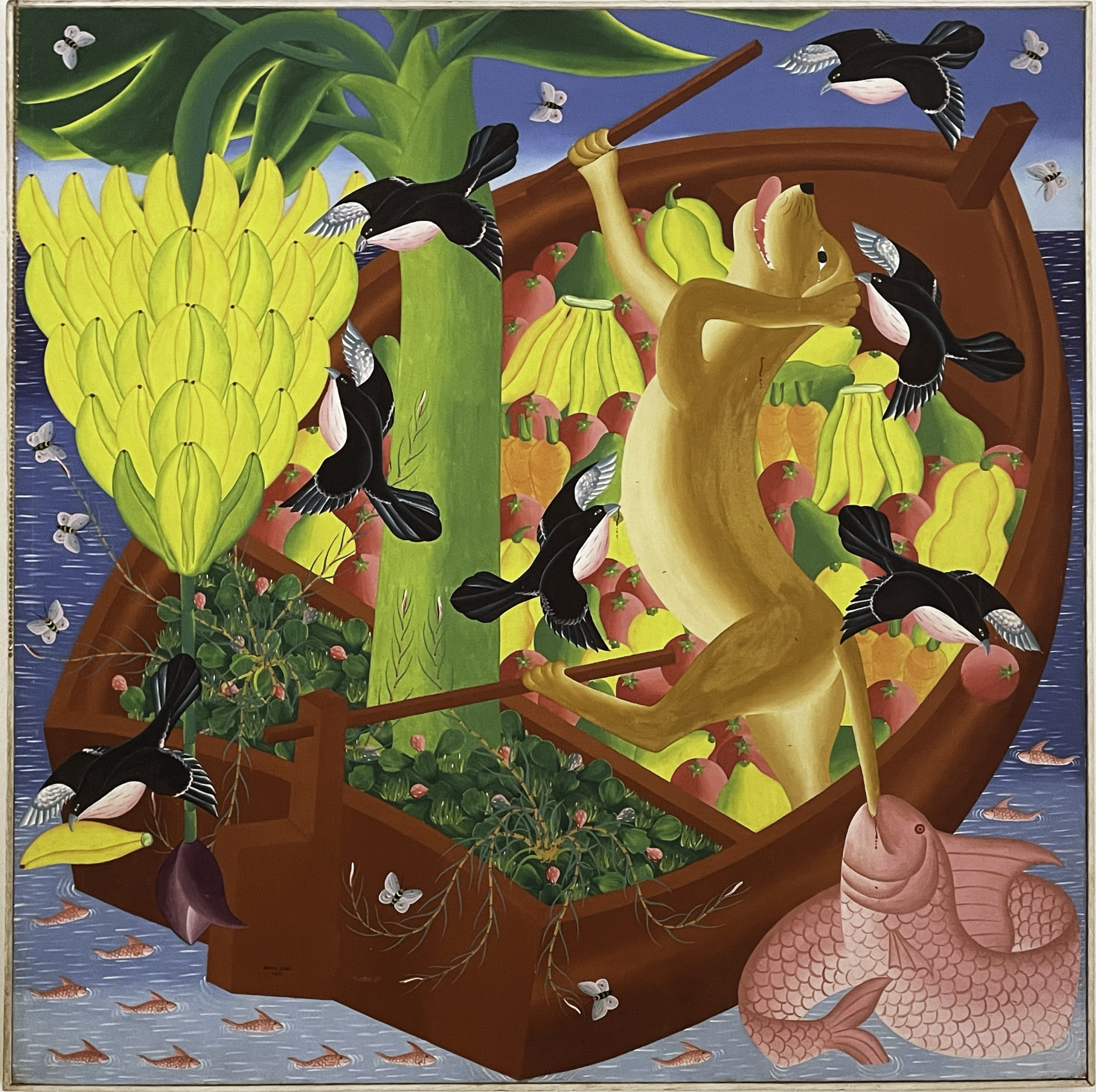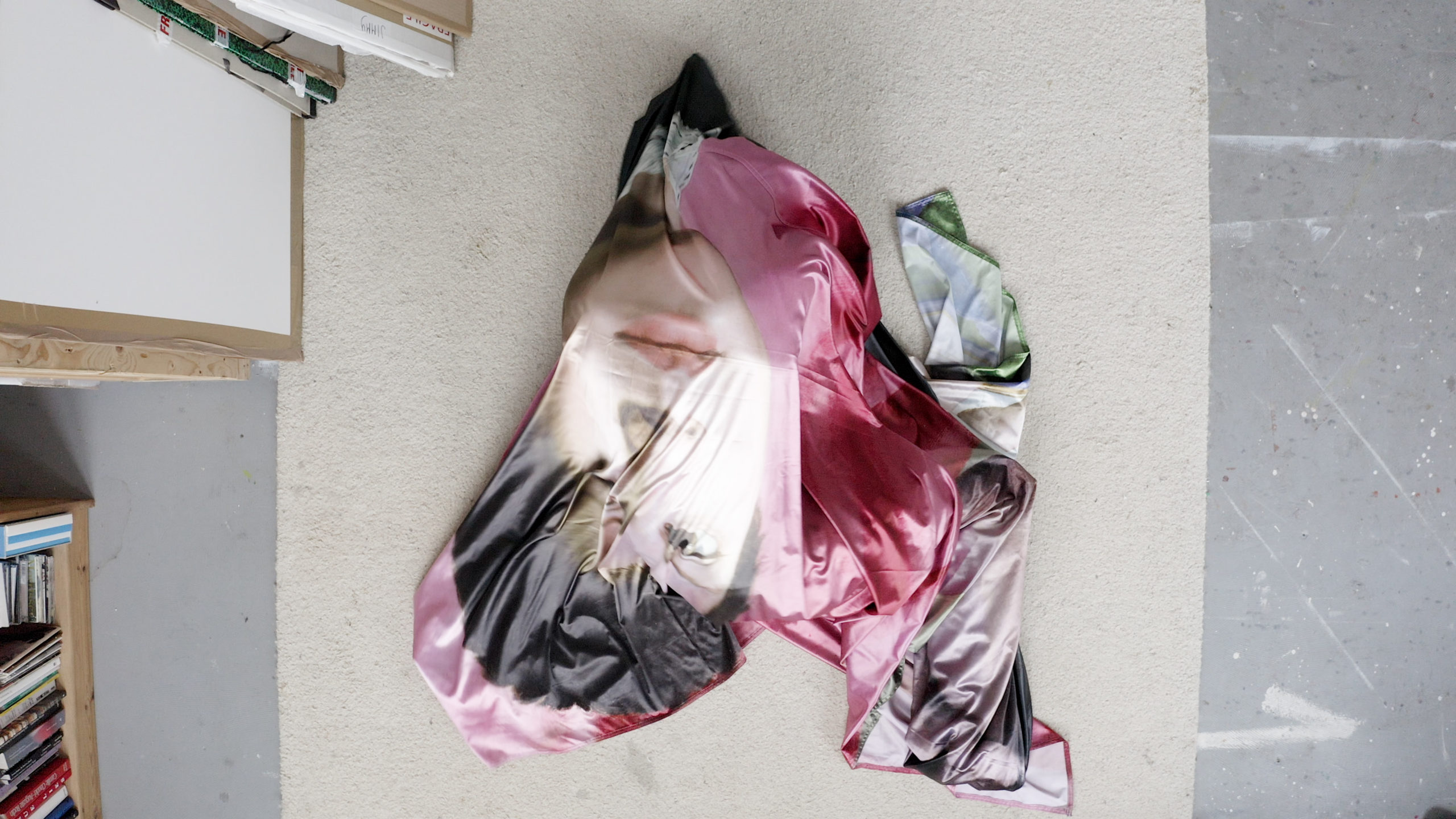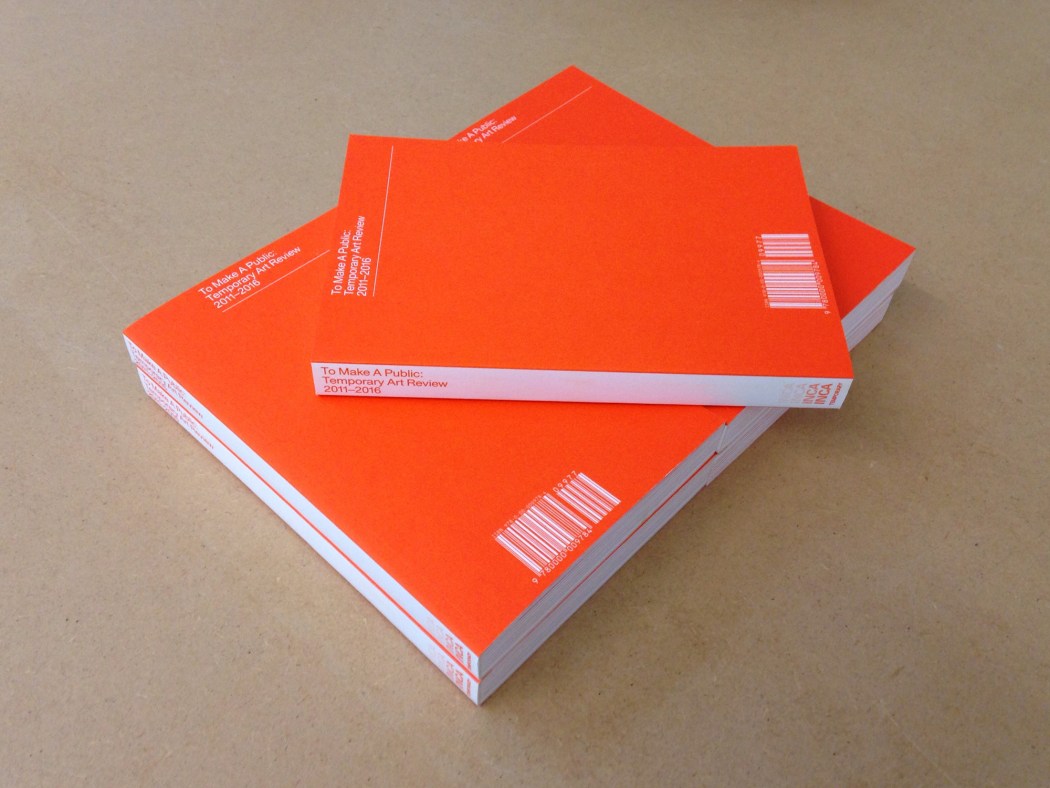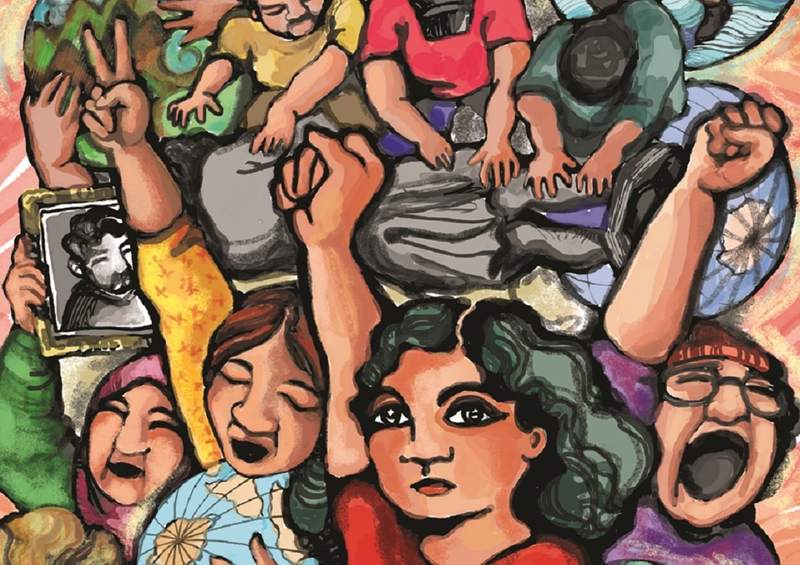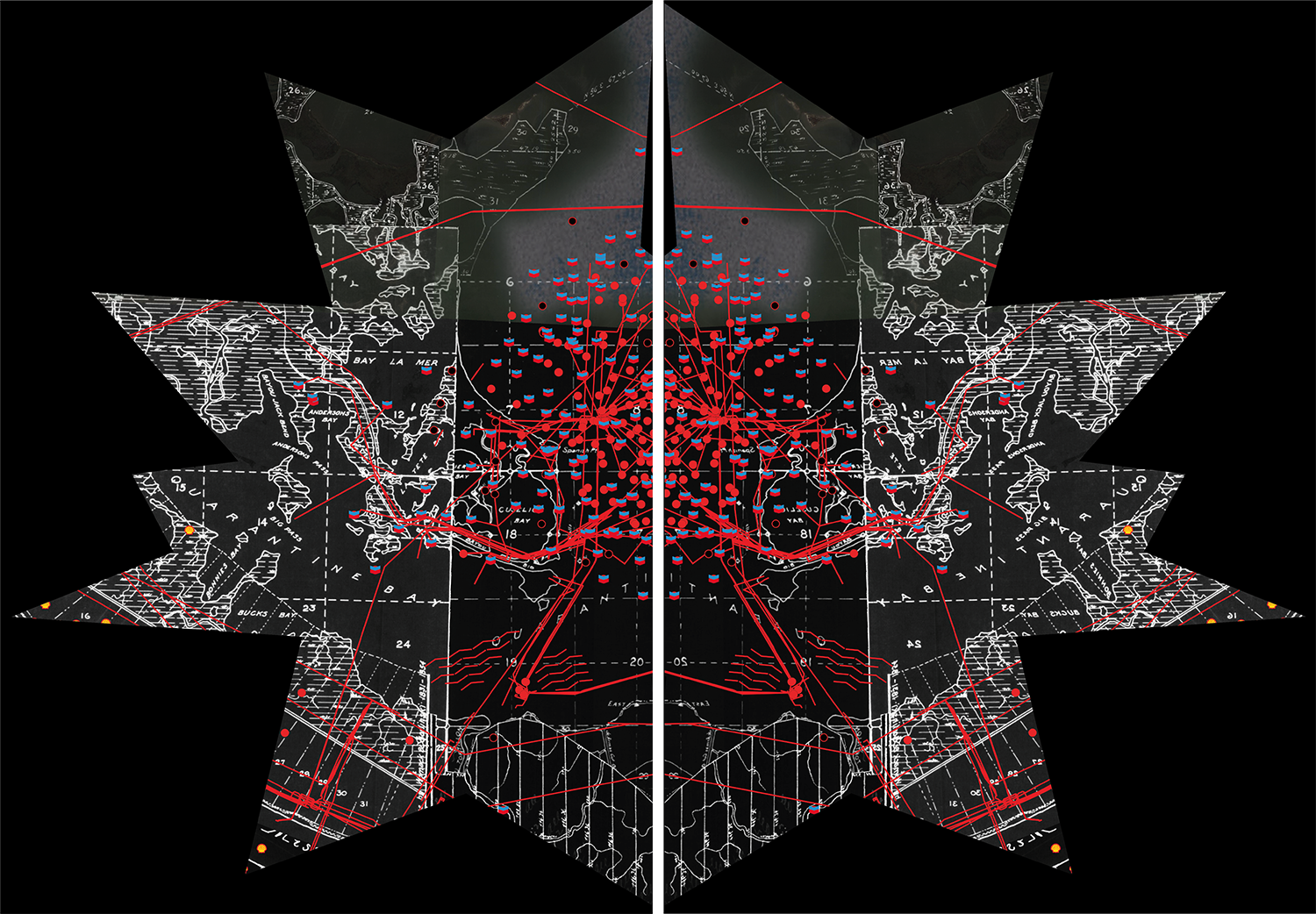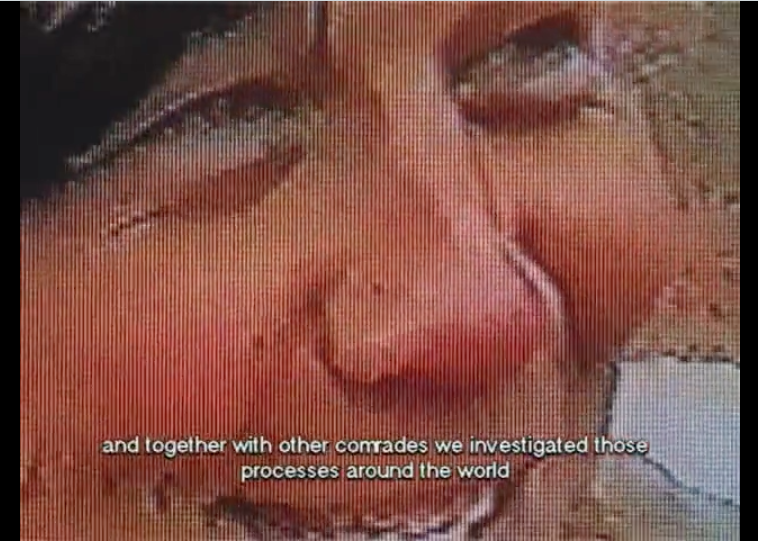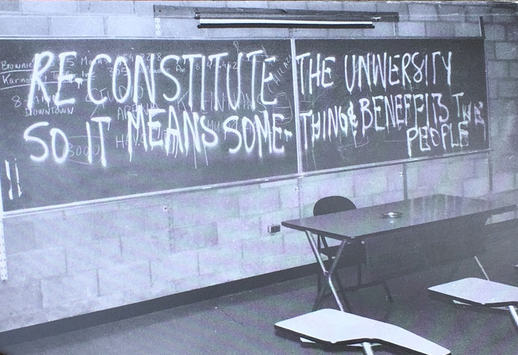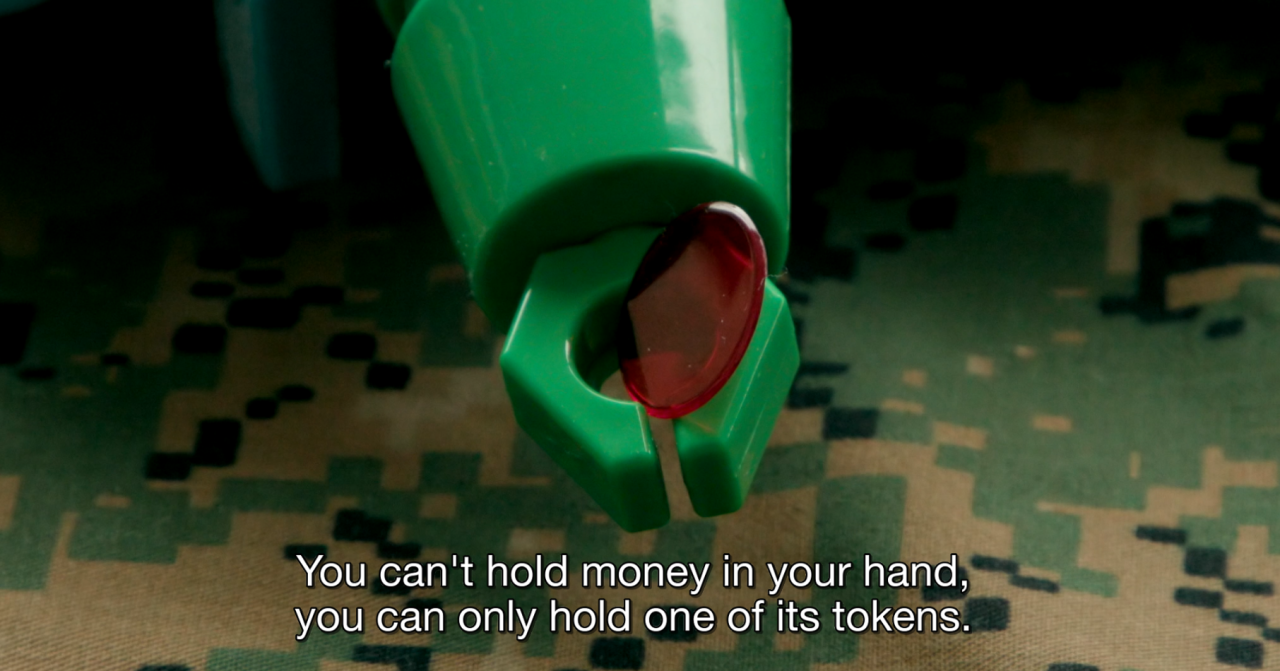NAN VANT SOLÈY LA / IN THE BELLY OF THE SUN
Written in Cap-Haïtien, Haïti between July and August of 2021 (after the July 7th assassination of President Jovenel Moïse and before a devastating 7.2 magnitude earthquake struck the southern peninsula on August 14th), this creative nonfiction essay navigates complicated socio-political frictions following the assassination of a nation’s leader while negotiating the personal sentiments of a heart tethered to a place in constant strife.
On Expanded Spectatorship
In the wake of the pandemic, our screens remain the central point of almost everything relating to spectatorship including the networks that facilitate our hyper-connectedness and circulate data generated by our inner worlds. Spectatorship then becomes a process of self-identification.
A*Desk Interview by Mela Dávila Freire
Mela Dávila Freire interviews MARCH co-founders Sarrita Hunn and James McAnally for A*Desk, an international critical publishing platform based in Spain, as part of a series on survival strategies for independent art projects.
Announcing New Editor: Gelare Khoshgozaran
After many years of working together as a writer, collaborator and co-thinker, we are pleased to announce that Gelare Khoshgozaran will be joining MARCH as a new editor.
Introducing Art of Internationalism
MARCH: a journal of art & strategy is pleased to endorse Progressive International’s new platform, Art of Internationalism, to explore the role of art and culture in imagining and shaping 21st century internationalism.
Announcing MARCH 02 + Call for Contributions
We are pleased to announce the next issue of MARCH will be edited by Imani Jacqueline Brown, an artist, activist, and researcher from New Orleans whose work investigates the continuum of Extractivism, from settler-colonial genocide and slavery to contemporary gentrification, fossil fuel production, and police and corporate impunity.
October, November and March: How has the weather changed? part 1
- Andrea Steves
- Gelare Khoshgozaran
- James McAnally
- Nora N. Khan
- Sarrita Hunn
- Serubiri Moses
- Zoé Samudzi
- Public Actions
- Publication
- MARCH 01
Held online December 12, 2020, this roundtable discussion on “art & strategy” brought together perspectives from Nora N. Khan, Serubiri Moses, Zoé Samudzi, Andrea Steves, MARCH founders Sarrita Hunn and James McAnally, and was moderated by Gelare Khoshgozaran with Human Resources (and thanks to Hugo Servantes) in Los Angeles.
October, November and March: How has the weather changed? part 2
- Andrea Steves
- Gelare Khoshgozaran
- James McAnally
- Nora N. Khan
- Sarrita Hunn
- Serubiri Moses
- Zoé Samudzi
- Public Actions
- Publication
- MARCH 01
Can publication (the act of making public) be an act of protest (public making)?
Dark Study: Within, Below and Alongside
“How much of the academy’s libidinal political economy is predicated on the fantasy of a livable (individual) intellectual life?” – Fred Moten and Stefano Harney
Infinity Factory: On Isiah Medina’s Inventing the Future (2020)
Filmmaker Isiah Medina’s adaptation of Nick Srnicek and Alex Williams’s 2015 manifesto (of the same title) prefigures the emancipation of our time in a post-work future.
